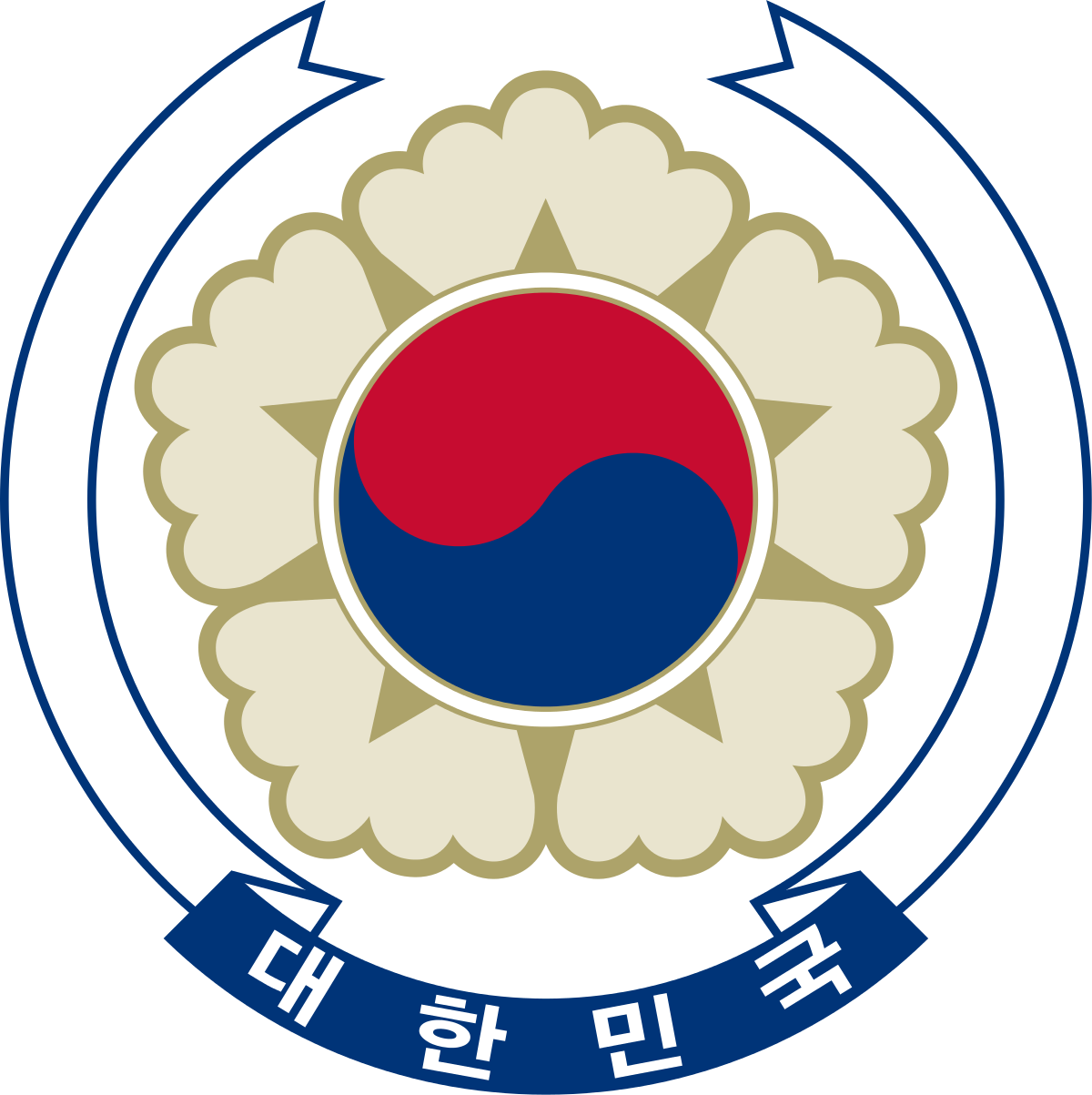An independent kingdom for much of its long history, Korea was occupied by Japan beginning in 1905 following the Russo-Japanese War. In 1910, Tokyo formally annexed the entire Peninsula. Korea regained its independence following Japan's surrender to the US in 1945. After World War II, a democratic-based government (Republic of Korea, ROK) was set up in the southern half of the Korean Peninsula while a communist-style government was installed in the north (Democratic People's Republic of Korea, DPRK). During the Korean War (1950-53), US troops and UN forces fought alongside ROK soldiers to defend South Korea from a DPRK invasion supported by China and the Soviet Union. A 1953 armistice split the Peninsula along a demilitarized zone at about the 38th parallel. PARK Chung-hee took over leadership of the country in a 1961 coup. During his regime, from 1961 to 1979, South Korea achieved rapid economic growth, with per capita income rising to roughly 17 times the level of North Korea.
South Korea held its first free presidential election under a revised democratic constitution in 1987, with former ROK Army general ROH Tae-woo winning a close race. In 1993, KIM Young-sam (1993-98) became the first civilian president of South Korea's new democratic era. President KIM Dae-jung (1998-2003) won the Nobel Peace Prize in 2000 for his contributions to South Korean democracy and his "Sunshine" policy of engagement with North Korea. President PARK Geun-hye, daughter of former ROK President PARK Chung-hee, took office in February 2013 as South Korea's first female leader. In December 2016, the National Assembly passed an impeachment motion against President PARK over her alleged involvement in a corruption and influence-peddling scandal, immediately suspending her presidential authorities and establishing Prime Minister HWANG Kyo-ahn as Acting President. The Constitutional Court is currently adjudicating the impeachment case. South Korea will host the 2018 Winter Olympic Games. Discord with North Korea has permeated inter-Korean relations for much of the past decade, highlighted by the North's attacks on a South Korean ship and island in 2010, the exchange of artillery fire across the DMZ, and multiple nuclear and missile tests in 2016.
Korea is a presidential republic.
Source: CIA World Factbook
Members:
Resources
Displaying 21 - 25 of 37Erosion Control Work Act.
The purpose of this Act is to contribute to the promotion of the public interest and the development of industries by effectively executing erosion control work in order to prevent devastation of national land and conserve the national land. Article 23 deals with erosion control work by local governments.
Enforcement Decree of the Building Act.
The purpose of this Decree is to prescribe matters delegated by the Building Act as well as matters necessary for the enforcement thereof. Article 5 establishes the Central Building Committee under the jurisdiction of the Ministry of Land, Infrastructure and Transport which shall investigate, deliberate on, conciliate, or adjudicate on the matters listed in this article.
Environment Dispute Mediation Act.
The purpose of this Act is to conserve the environment and to relieve damage to the health and property of citizens by providing for the procedure, etc. of good offices, mediation and adjudication regarding environmental disputes for the rapid, fair and efficient settlement of the environmental disputes.
Constitution of Korea (Republic of) 1948 (rev. 1987)
The National Assembly proposed the constitution and the people approved it in a referendum.
Framework Act on the Regulation of Land Use.
The purpose of this Act is to prescribe basic matters regarding the designation and management of zones, districts, etc. in relation to the use of land to ensure transparency in the regulation of land use, thereby to reduce the inconvenience of citizens in land use and to contribute to the development of the national economy. In particular, article 15 establishes the Deliberative Committee on the Regulation of Land Use.



